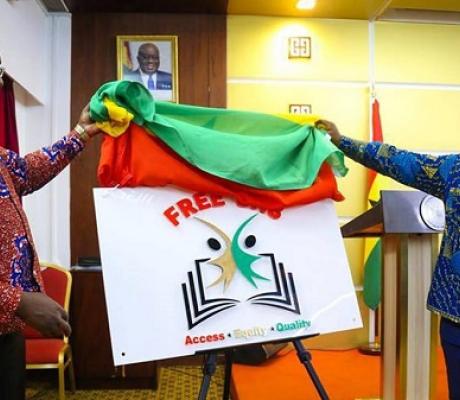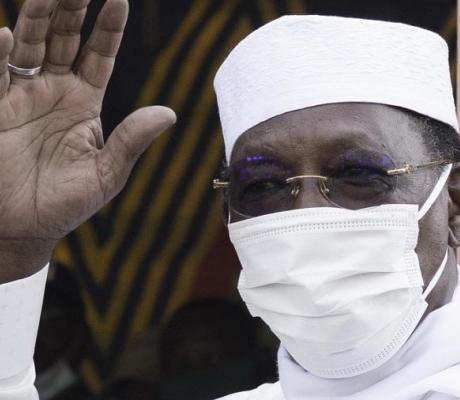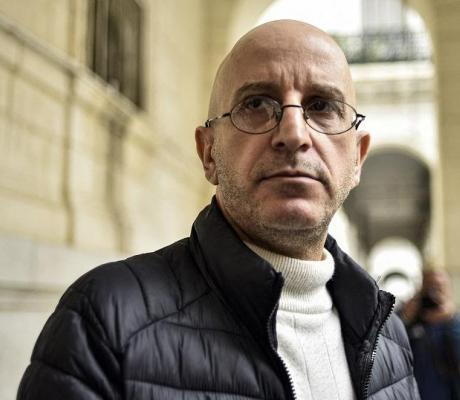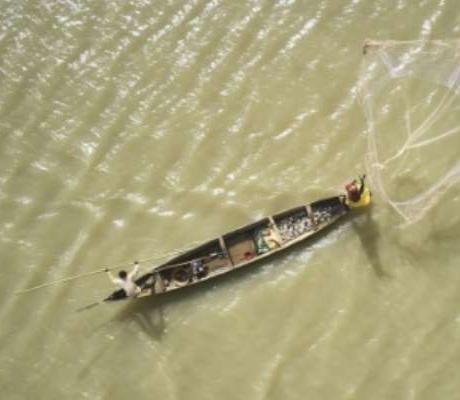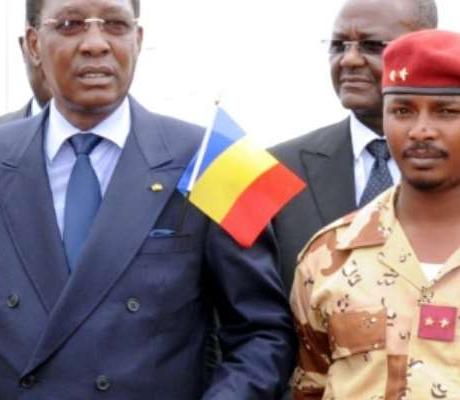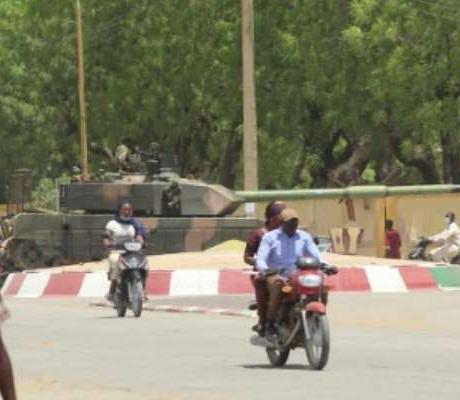Rwanda has started its first phase of vaccination against COVID-19 with the limited 1,000 doses of the Moderna vaccine administered to high-risk groups, including frontline workers.
The first and primary beneficiaries of the COVID-19 jab will get it for free.
The Ministry of Health says the limited initial doses were “acquired through international partnership in limited quantities” though the country anticipates receiving additional doses in the coming weeks to allow it to expand the vaccination exercise.
Rwanda expects to receive at least 996,000 doses of AstraZeneca and 102,960 doses of the Pfizer vaccine between February and March.
These doses will be given in the second phase of vaccination.
The country expects to acquire vaccines in the second roll-out from the Covax Facility—a global initiative aimed at equitable access to COVID-19 vaccines—and African Union’s Africa Medical Supplies Platform.
“Rwanda’s COVID-19 vaccination plan is ready with infrastructure, protocols, and personnel in place,” the Ministry of Health said in a statement issued on Sunday.
The country also rolled out a mass testing exercise for Kigali city residents with coronavirus symptoms and contacts of COVID-19 patients an exercise that is expected to guide the process of easing restrictions and reopening the economy.
By Saturday, Rwanda had registered 67 news coronavirus cases with a total of 17,267 positive cases since the pandemic was first reported in the country.
It has also recorded 14,477 recoveries and 236 deaths after a result of COVID-19.
Health Minister Daniel Ngamije recently said Rwanda is prepared to receive more one million doses of COVID-19 AstraZeneca and Pfizer vaccines in mid-February.
Dr Ngamije said the ultra-cold freezers and containers are in place in each province for proper storage and distribution of vaccines.
Rwanda targets to vaccinate 20 percent of the population in 2021 and eight million people in two years, according to the Health Ministry.Uganda's convicted former Lord’s Resistance Army Commander Dominic Ongwen is appealing the February 4 ruling of the International Criminal Court, which found him guilty of 61 war crimes and crimes against humanity.
“It was a bad judgement, we are appealing,” said Krispus Ayena Odongo, Ongwen’s lead defence lawyer, adding that there are several grounds on which to challenge his client’s conviction, which if commuted, could see him jailed for up to 30 years.
The four grounds are: That the Court did not evaluate evidence of the defence — including proof that Ongwen was “a prisoner” in an LRA camp when the attack at Pajule took place; that the crimes related to forced marriage could not have taken place since there was no “traditional or any other type of marriage in the bush.”
Mr Odongo also argues that Ongwen is a victim, abducted in 1988 and forcibly conscripted into the LRA ranks as a nine-year-old child. But, ICC Prosecutor Fatou Bensouda argued that the crimes the ex-LRA commander was tried for are those committed as an adult between 2002 and 2005.
In the appeal, the defence also intends to challenge the evidence given by Ongwen’s wives.
“In common law, a spouse is not a compelling witness against their partner. But in this trial it happened, and we want to challenge that,” Mr Odongo said.
Royal Dutch Shell has initiated international arbitration against Nigeria over a dispute regarding an oil spill that took place five decades ago, according to a filing with the World Bank’s dispute settlement body.
The issue relates to a an oil spill in the Ejama-Ebubu community that took place during the 1967-70 Biafran war. Nigeria’s Supreme Court in November denied Shell’s request to appeal the award. Shell has said it never got a chance to defend itself against the substance of the claims.
“This is not a decision we take lightly but, given the history of this particular case, we are seeking protection of our legal rights from an international tribunal,” Shell Petroleum Development Company of Nigeria Limited (SPDC) said in an email.
Shell made the filing with the World Bank’s International Centre for Settlement of Investment Disputes (ICSID) on Feb. 10. It declined to say what the company was seeking via arbitration, and the ICSID posting included no details.
Nigeria’s attorney general did not respond to a request for comment.
Shell, the most significant international oil company operating in Nigeria, has faced a string of court losses in the past several months over oil spills.
In November, in the case at hand, Nigeria’s Supreme Court rejected its bid to set aside a 2010 award of 17 billion naira ($45 million), with accruing interest, that the community says is now worth more than 180 billion naira.
Last week a group of fishermen and farmers won the right to sue the company in the United Kingdom over Nigerian oil spills.
Last month, a Dutch appeals court held it responsible for multiple oil pipeline leaks in the Niger Delta and ordered it to pay unspecified damages to farmers.The UK has issued new travel measures to visitors from 17 African nations intending to travel to the island. Travelers will need to quarantine for 10 days in government-approved hotels and will have to pay for themselves during their stay. Travelers will foot a bill not less than $100 per night.
The UK had previously banned the entry of passengers from 11 African countries including South Africa in a measure to prevent the spread of the new Covid-19 variant.
The UK had issued a time frame of February 15 to begin restriction on travelers from areas they perceive as red zone.
From Today, arrivals in England from 33 countries will have to pay some €2,000 to self-isolate for 10 days in a pre-booked hotel room.
Breaking the rules could see people charged fines of up to €11,500 - or even face 10 years in prison, according to the UK government.
As with all other travelers, in addition to having a negative test performed 72 hours prior to arrival, these arrivals must also be tested on the second and eighth days of the quarantine.
Travelers have to pre-book on a government website, which has already been reported to have crashed a number of times.
The 17 Africa countries included in the red zone include:
• Angola
• Botswana
• Burundi
• Cape Verde
• DRC
• Eswatini
• Lesotho
• Malawi
• Mauritius
• Mozambique
• Namibia
• Rwanda
• Seychelles
• South Africa
• Tanzania
• Zambia
• Zimbabwe
Source: africanews.com


